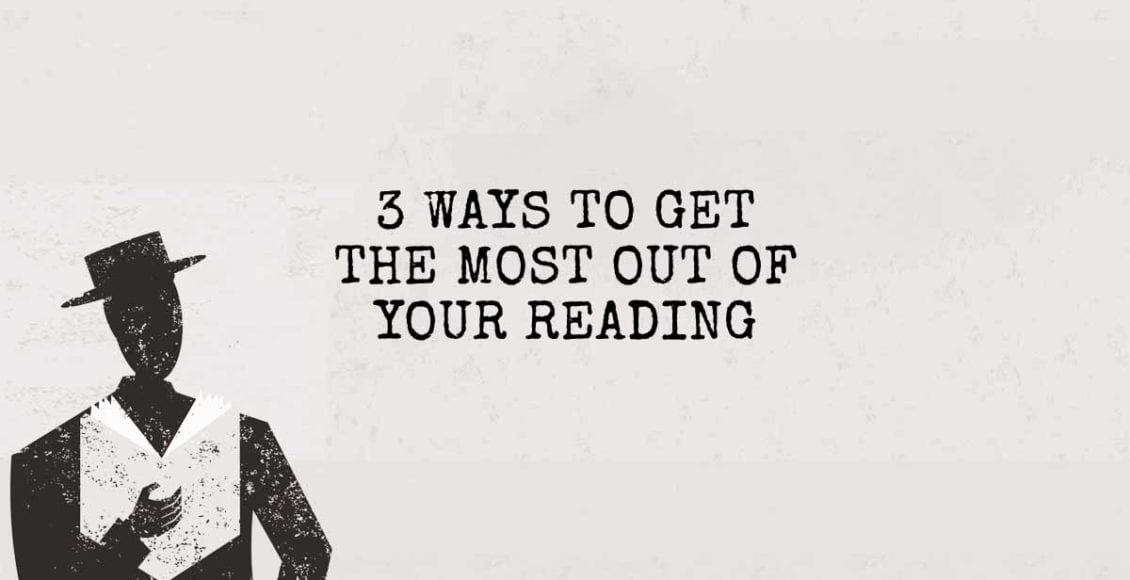As Dr. Seuss wrote, “The more that you read, the more things you will know. The more that you learn, the more places you’ll go.”
Unfortunately, many of us read ineffectively, essentially missing the train entirely.
We fail to develop an interest in our subject matter. Our brains become disengaged. When we are asked to recall what we’ve read, our minds become blank – even after hours of dedication. If you’ve ever run into this frustrating problem, read on to discover some simple and proven methods to fight this dynamic.
Here are three ways to read more efficiently and effectively:
1. Be self-centered.
We are naturally more interested in concepts that affect us directly. Unfortunately, we often fail to see the connection between our own lives and seemingly dry subject matter. Why should I be interested in the French Revolution if I am not French? Why do I care about possible therapies for bipolar disorder, when I do not know anyone who is bipolar? Before you write off a topic entirely, dig deeply to find a connection between yourself and the subject – even a hypothetical one. You’ll soon find that most topics are more universal than they first appear. For example, the French Revolution can be inspirational and relatable to anyone who has ever felt short-changed, or risen up to fight against injustice. You may not know anyone who has bipolar disorder today – but what if you meet the love of your life tomorrow, and they happen to suffer from it? Creating a connection, however far-fetched, can help even dull material to come alive.
2. Take notes.
It may seem obvious to some, but a surprising number of people underestimate the power of note taking. Your notes don’t have to be perfect – or even legible – to increase the impact of what you are reading. Scribble in the margins. Implement a color coding system. Use a fluffy, pink, glitter pen. Write down key words and concepts in whatever way happens to work best for you. The important part is not the resulting notes – it’s the act of writing them down. Writing connects mental activity with physical movement. This helps the brain to retain information much more effectively than reading alone. Reciting key points out loud can intensify this effect. The more senses and actions you engage while reading, the more completely you will retain the information.
3. Question everything.
When we have been reading for a long time, our brain may adjust to the monotony by going on auto-pilot. This is especially true for academic texts. One way to fight this is to keep the brain active at a critical thinking level, rather than just as a superficial receptor of information. Before you begin reading, think of five questions you would like the text to answer. Develop your list with variety in mind. Some should be factual and surface level – (In what year was the first professional football league formed?) – while others should run deeper – (How has the cultural influence of football changed over time?). This tactic will keep your brain engaged at different levels. Be on the lookout for the answers throughout your reading session. You will find yourself reading more consciously when you have a goal.
“A reader lives a thousand lives before he dies…The man who never reads lives only one,” wrote George R.R. Martin.
Get lost in a book today. Don’t just remember it – immerse yourself in it. You’ll be surprised at the depth this experience can bring when you let it.



